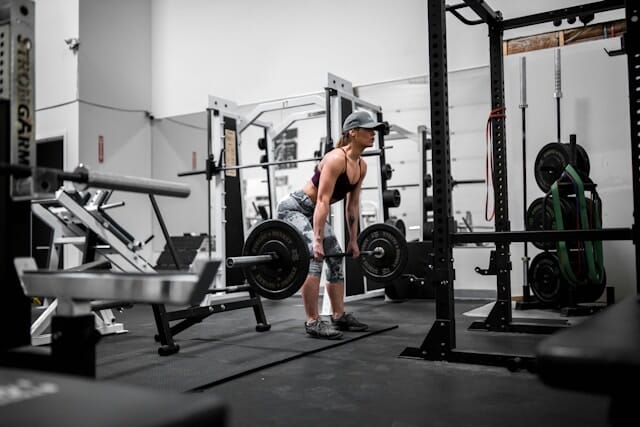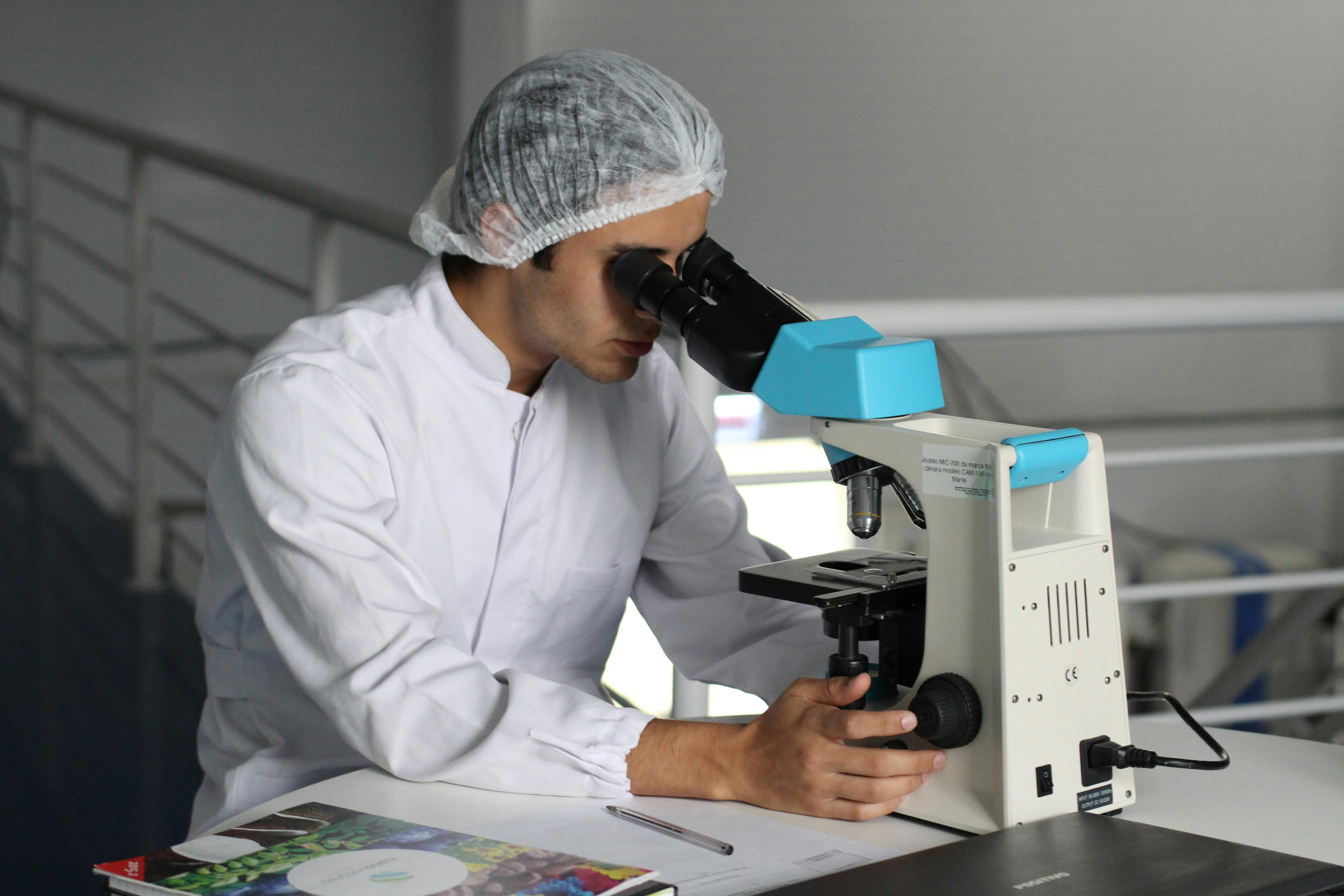Drinking water is essential for life, but the timing of when you hydrate can significantly impact your health, particularly your digestion. A common habit for many is to gulp down a glass of water immediately after a meal, believing it aids digestion or helps wash down food. However, emerging research and traditional wisdom suggest this practice might do more harm than good.
To understand why drinking water after meals might be problematic, we first need to grasp how digestion works. Digestion is a complex process that begins in the mouth and continues through the stomach and intestines. When you eat, your body produces saliva, gastric juices, and enzymes to break down food into nutrients that can be absorbed. The stomach, in particular, relies on a highly acidic environment, with a pH level of 1.5 to 3.5, to break down proteins and kill harmful bacteria.
This acidic environment is critical for effective digestion. Any factor that disrupts this balance, such as diluting stomach acid, can impair the process, leading to issues like bloating, indigestion, and nutrient malabsorption. While water is vital for overall health, its timing in relation to meals can influence how efficiently your body processes food.
Why Drinking Water After Eating Can Disrupt Digestion
1. Dilution of Stomach Acid
One of the primary reasons to avoid drinking water immediately after eating is that it can dilute gastric juices. Stomach acid, primarily hydrochloric acid, plays a crucial role in breaking down proteins, activating digestive enzymes like pepsin, and sterilizing food to prevent bacterial overgrowth. When you drink a large amount of water right after a meal, it can increase the volume of stomach contents, potentially raising the pH level and making the environment less acidic.
A less acidic stomach struggles to break down food efficiently, which can slow digestion and lead to discomfort. For example, proteins may not be adequately broken down into amino acids, reducing nutrient absorption and potentially causing bloating or gas. Over time, consistently diluting stomach acid could contribute to more significant digestive issues, such as acid reflux or gastritis.
2. Interference with Digestive Enzymes
Digestive enzymes, such as amylase in saliva and pepsin in the stomach, are highly sensitive to their environment. Drinking water immediately after eating can dilute these enzymes, reducing their effectiveness. For instance, amylase begins breaking down carbohydrates in the mouth, but excessive water intake can wash away saliva, hindering this initial stage of digestion. Similarly, in the stomach, water can dilute pepsin, impairing protein digestion.
This interference can lead to partially digested food moving into the intestines, where it may ferment, causing bloating, cramping, or even diarrhea. For individuals with sensitive digestive systems, this disruption can exacerbate conditions like irritable bowel syndrome (IBS) or small intestinal bacterial overgrowth (SIBO).
3. Slowed Gastric Emptying
Drinking water right after a meal can increase the volume of stomach contents, which may slow gastric emptying, the process by which food leaves the stomach and enters the small intestine. A 2018 study published in the Journal of Gastroenterology found that excessive liquid intake during or immediately after meals can prolong gastric emptying time, leading to feelings of fullness, bloating, and discomfort.
Slowed gastric emptying can also contribute to acid reflux, as food and liquids remain in the stomach longer, increasing pressure on the lower esophageal sphincter. This can cause stomach contents to flow back into the esophagus, leading to heartburn or discomfort.
4. Impact on Nutrient Absorption
Efficient nutrient absorption relies on the proper breakdown of food in the stomach and small intestine. When water dilutes digestive juices or slows gastric emptying, nutrients like vitamins, minerals, and amino acids may not be adequately absorbed. For example, fat-soluble vitamins (A, D, E, and K) require bile and pancreatic enzymes to be absorbed, but dilution of these enzymes can reduce their efficacy.
Over time, poor nutrient absorption can lead to deficiencies, fatigue, weakened immunity, and other health issues. This is particularly concerning for individuals with pre-existing digestive conditions or those on restrictive diets.
The idea that drinking water immediately after eating is harmful isn't new. Many traditional health systems, such as Ayurveda and Traditional Chinese Medicine (TCM), have long advised against this practice. In Ayurveda, drinking water right after meals is believed to weaken the "digestive fire" (Agni), which is essential for breaking down food. Ayurveda recommends sipping small amounts of warm water during meals to aid digestion without overwhelming the stomach.
Similarly, TCM suggests that cold water can "shock" the digestive system, particularly when consumed after eating warm or cooked foods. These traditional perspectives align with modern science, emphasizing the importance of maintaining an optimal digestive environment.
But What About Hydration? Aren't We Told to Drink Lots of Water?
This is the most common counter-argument, and it's a valid question. Hydration is absolutely vital. The key is to separate your hydration from your digestion.
Your goal should be to stay hydrated throughout the entire day, so you are not parched come mealtime. Think of it as preventive hydration. If you are properly hydrated, you won't feel the need to guzzle water with your food.
Debunking Common Myths
Despite the concerns, several myths surround the idea of drinking water after meals. Let's address a few:
Myth 1: Water Helps "Wash Down" Food
Many people believe that drinking water after eating helps push food through the digestive tract. While water is essential for preventing constipation and supporting overall digestion, drinking it immediately after a meal can have the opposite effect by slowing gastric emptying and diluting digestive juices.
Myth 2: Drinking Water Causes Weight Gain
Some claim that drinking water after meals leads to weight gain by "storing" food in the stomach. This is false. Weight gain is determined by calorie intake and metabolism, not water consumption. However, excessive water intake after meals can cause temporary bloating, which may feel uncomfortable.
Myth 3: All Liquids Are Equal
Not all liquids have the same impact on digestion. Cold water, for instance, may slow digestion more than warm or room-temperature water, as it requires the body to expend energy to warm it to body temperature. Carbonated drinks or sugary beverages can exacerbate digestive issues by introducing gas or additional sugars that ferment in the gut.
When Should You Drink Water After Eating?
- Drink Water Before Meals: Drinking a glass of water 15 to 30 minutes before eating can prepare your stomach for digestion by hydrating the mucous lining and stimulating gastric juices. This also helps you feel fuller, potentially preventing overeating.
- Sip Sparingly During Meals: If you must drink during a meal, take small sips of room-temperature or warm water to avoid diluting digestive juices. Avoid large gulps or icy beverages, as they can disrupt digestion.
- Wait After Eating: Wait at least 30 to 60 minutes after a meal before drinking a large amount of water. This allows your stomach to process food without interference. For larger or heavier meals, waiting up to two hours may be beneficial.
- Listen to Your Body: Everyone's digestive system is unique. Pay attention to how your body responds to water intake after meals. If you experience bloating or discomfort, adjust your habits accordingly.
The Benefits You Will Experience
- Reduced Bloating and Gas: This is often the first and most noticeable change.
- Elimination of Post-Meal Fatigue: No more 3 PM crash. You'll feel lighter and more energetic after eating.
- Improved Bowel Regularity: Digestion becomes more smooth and predictable.
- Enhanced Nutrient Absorption: You may notice improvements in skin, hair, energy levels, and overall vitality as your body finally gets the full nutritional value from your food.
- Better Management of Acid Reflux: Many find their heartburn symptoms diminish significantly.
Special Considerations
Those with gastroesophageal reflux disease (GERD) may find that drinking water right after eating worsens symptoms by increasing stomach pressure. People with Digestive Disorders Conditions like IBS, Crohn's disease, or gastritis can be aggravated by improper hydration timing. Aging can reduce stomach acid production, making it even more critical to avoid diluting digestive juices.
Practical Tips for Better Digestion
- Eat Mindfully: Chew food thoroughly to aid digestion and reduce the workload on your stomach.
- Choose Warm Beverages: Herbal teas or warm water with lemon can support digestion without overwhelming the stomach.
- Stay Hydrated Throughout the Day: Aim for consistent water intake to avoid the need to "catch up" after meals.
- Avoid Overeating: Large meals can strain the digestive system, making proper hydration timing even more critical.
Listen to Your Body, Not Just Your Thirst
The habit of drinking water immediately after eating is a deeply ingrained one, but it is a habit worth breaking. It’s a classic case of a good thing (hydration) done at the wrong time becoming a problem.
Your digestive system is a finely tuned engine, not a washing machine. You don’t need to "rinse" it out. By respecting the delicate chemical process of digestion and giving your gastric fire the concentrated environment it needs to work, you empower your body to nourish itself fully.
While staying hydrated is crucial for health, drinking water immediately after eating can disrupt digestion by diluting stomach acid, impairing enzyme function, slowing gastric emptying, and reducing nutrient absorption. By timing your water intake strategically, sipping sparingly during meals, and waiting 30 to 60 minutes after eating, you can support your digestive system and avoid discomfort. Traditional wisdom and modern science converge on this advice, emphasizing the importance of balance in our daily habits.
Next time you reach for a glass of water after a meal, pause and consider giving your stomach the time it needs to do its job. Your body will thank you with better digestion, more energy, and improved overall health.




